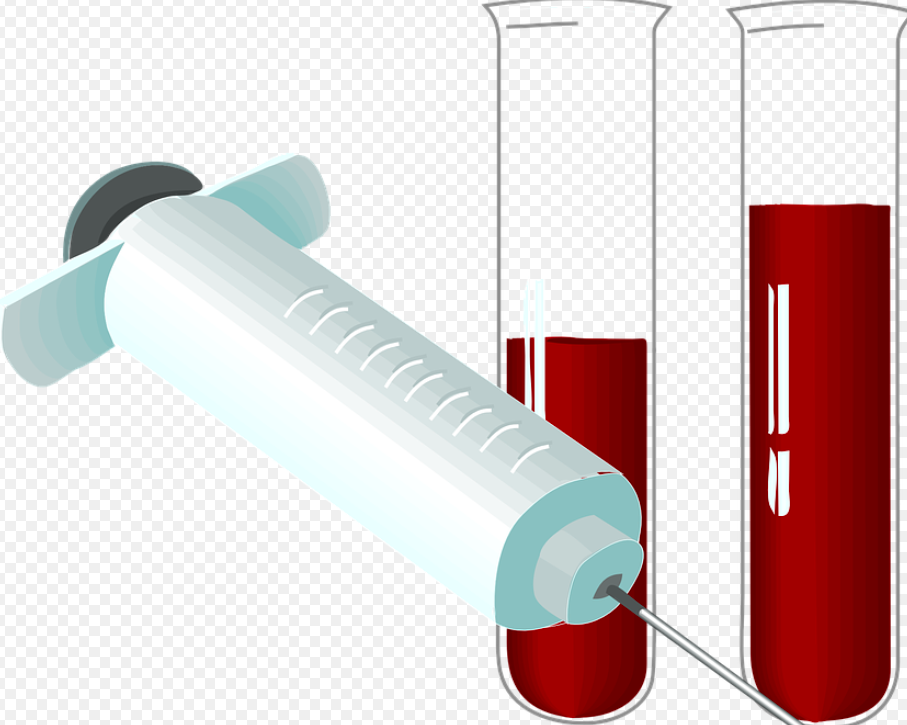
As a job applicant you ensure that you adhere to all necessary requirements for you to increase your chances of being employed. This may include subjecting yourself to psychometric tests, medical tests, etc. However, in some instances an employer may make it a requirement for job applicants to take drug tests as part of the final stage of the selection process. This article and a subsequent one will discuss the reason for drug testing in order to obtain employment, the job applicant’s decision in respect of such a test and the job applicant’s legal rights.
It must be noted that the majority of private employers do not make it a requirement to conduct drug or alcohol tests as part of the selection process. That being said, in respect of specific job positions and industries such testing is a requirement. This includes the transportation industry as well as safety sensitive industries. Often these industries are regulated by specific federal agencies, for example, the Federal Highway Administration, Federal Aviation Administration as well as the U. S. Coast Guard. As such, it is a requirement for drug and alcohol testing in the trucking industry, aviation industry, contracts linked to the Department of Defense or mass transit. If you feel your employee rights have been violated as a result, seek out legal advice and representation with employment law firms California [https://bartzlawgroup.com].
Some of the reasons why employers make drug or alcohol testing a requirement include the following:
- Qualification for worker’s compensation discounts [How To Maximize The Discounts On Your Workers Compensation Insurance (roguerisk.com)] – a lot of states make offers to employers in respect of a discount on their worker’s compensation insurance premiums. Such discounts are applicable only if the employer takes specific steps in ensuring and maintaining a drug-free workplace; and this may include having job applicants tested.
- Avoidance of legal liability – when an injury or harm occurs on the job as a result of an intoxicated employee, the employer may find themselves legally liable for the injuries sustained. Further, the use of drugs and alcohol in the workplace may violate occupational safety and health state laws.
- Productivity and money-saving – it must be noted that drug and alcohol abuse annually cost businesses, because of low productivity, up to $80 billion. Employees that use drugs are 3-5 times more likely to be late for work, involved in workplace accidents and file for worker’s compensation claims as compared to those who do not use drugs.
While the above reasons may justify drug testing in the workplace the question then is how legal is drug testing in the workplace? It is important to note that drug testing has a direct implication on privacy rights. Such form of testing does not look at current drug use but also shows past use including drugs taken on the employee’s own time. Further, the test may not necessarily exclude the use of legal drugs. In order to administer some tests, it may require that bodily fluids be surrendered under close supervision. As a result of the intrusive nature of drug testing there are federal and state laws that limit the when, how and if such testing can be done. Current employees have more rights than job applicants in this regard.